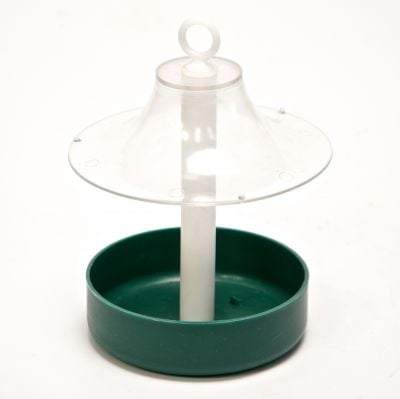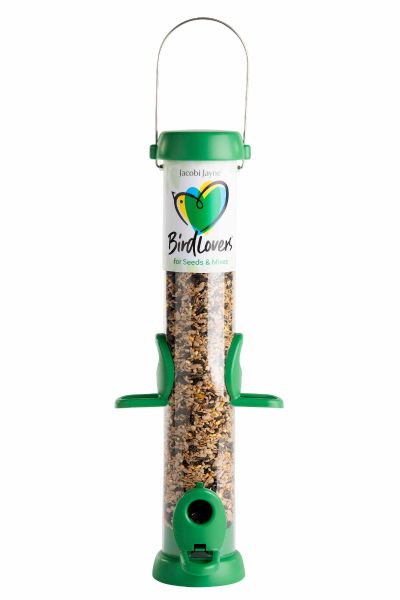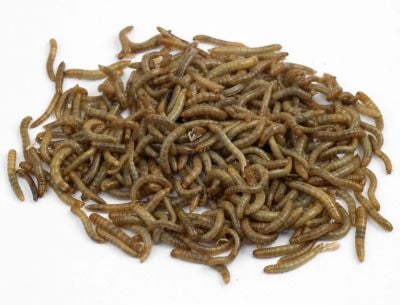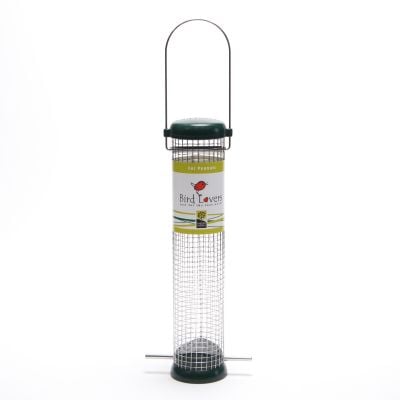When to Feed
Both the RSPB and BTO agree that garden birds can, or should, be fed all year round, and this is largely because natural food sources have progressively dwindled over many decades due to intensive farming, urbanisation and pollution. In fact, bird species that historically relied on farmland showed declines ranging from 40% to 76% between 1972 and 1996, with modern agricultural practices largely to blame. For example, under law farmers are required to keep their grain stores vermin-proof – and therefore also ‘bird-proof’ – and crops are sprayed three to four times a year, which, although not directly killing the birds, does starve them of their food source because the spray destroys weeds and insects.
So feeding the birds in your garden all year round is definitely the right thing to do, but it’s also worth understanding how the requirements of birds vary throughout the year:
Spring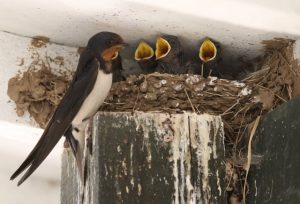
Birds require a plentiful supply of food in the spring to help with successful breeding: for females the laying of eggs, and for both male and female in most species the rearing of young. Some adult birds will take the food you supply to their young, whilst others will provide their young with natural food sources and come to your bird feeders for their own food. The absolute best food to put out during the spring is live mealworms.
And come late spring, your efforts will be rewarded as you see the adults bring their new broods to your bird feeders and bird table.
Summer
One of the biggest myths about feeding garden birds is that it is not necessary to do so in the summer – this is untrue and summer is a period when birds actually require a plentiful food supply because:
The young are inexperienced at feeding so an easy food source greatly increases their chances of survival. The adults change all their feathers – a process which requires a lot of energy and also leaves them vulnerable if they have to hunt around for food (the moulting of feathers leaves them less able to fly well).
Autumn
October actually appears to be the one month of the year when nature provides just about sufficient food. However, never stop feeding, as the food you supply will be used to supplement natural resources and birds rarely over-eat because they need an optimum weight for flying. If you stop feeding it may also take a disheartening period of time for birds to return to your garden once you resume, as by then they would have had to move on and found food sources elsewhere.
Winter
The winter months are when garden birds need your help the most and there are a number of reasons for this:
Although the autumn provides a good deal of natural food, our modern environment means that it doesn’t last well into the winter because there just isn’t enough of it. A good example of this is hedgerows, where a staggering 118,000 miles approximately of this invaluable habitat and food source has been lost in the UK since the 1950s.
The populations of many common garden species have their numbers swelled in the winter months with an influx of birds from the continent. So the blackbird or robin you see in your garden in December may actually have flown from Germany to be there – and it therefore deserves looking after!
If the weather is very cold and the ground freezes or is covered in snow, birds that typically feed on the ground can quickly starve to death. In a truly natural environment the effect of this would be balanced out, but we don’t live in a natural environment, so the consequences for bird populations can be catastrophic.
So, feeding the birds in your garden throughout the winter months is crucial. It’s also a time when increasing the amount of fat products you put out – e.g. suet blocks and cakes – is highly beneficial. See what to feed garden birds.

